For many folks, footwear is a very personal choice. Some prefer to go with comfort, while others are all about the fashion.
But in all my years of experimenting with different types of shoes, it never dawned on me that they might be having a significant impact on my health.
I was quite surprised to learn just how many negative effects high heels might be having on my body. And while I could have guessed they might cause foot pain, who knew that heels could be responsible for everything from bunions, to back pain, to even cancer!
Scroll through below for a look at these eight unexpected health risks of wearing high heels.
As always, consult with your doctor before making any health decisions. But after seeing these, I'll definitely be thinking twice about what I put on my feet. It may be time to hang up my heels or swap them for a pair that's not quite as high!
What other health problems have you encountered as a result of your high heels? Which of these risks came as a surprise to you? Let us know in the comments.
How High Is Too High?
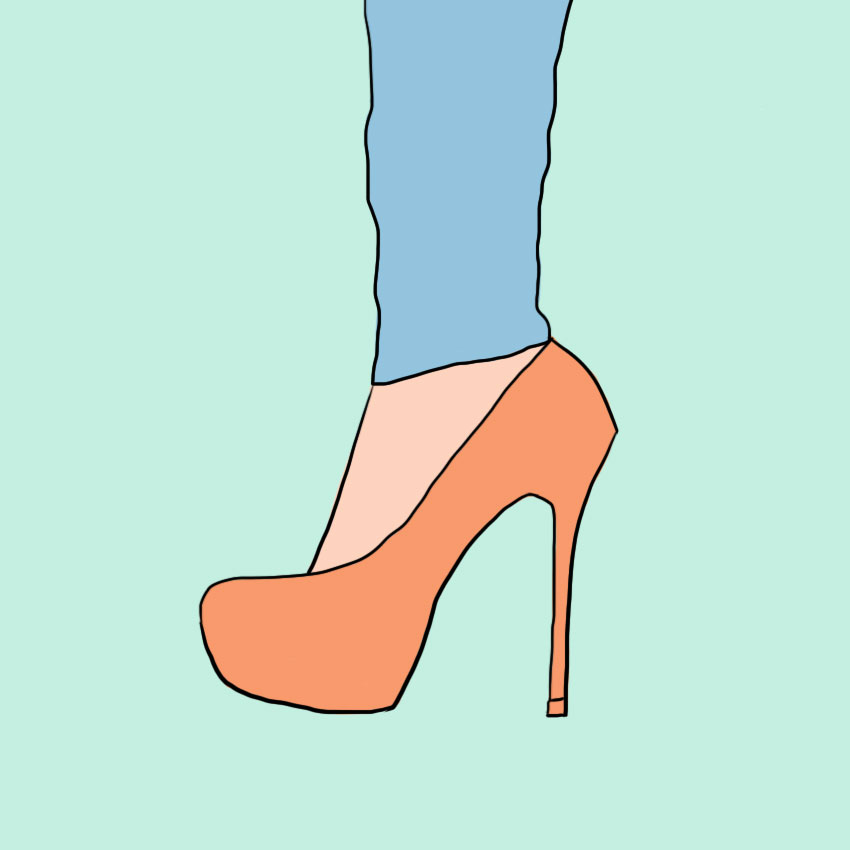
So, how high can your heel be before it starts to cause real damage?
While it can vary depending on the quality of the shoe, Dr. Emily Splichal tells Health.com, "Stick with heels that are three inches or less. Anything higher will change the biomechanics of how you walk."
Even more, they recommend that you skip stilettos entirely because of the damage they can do.
Keep scrolling to see the specific surprising health risks of wearing high heels!
Risk #1: Lower Back Pain
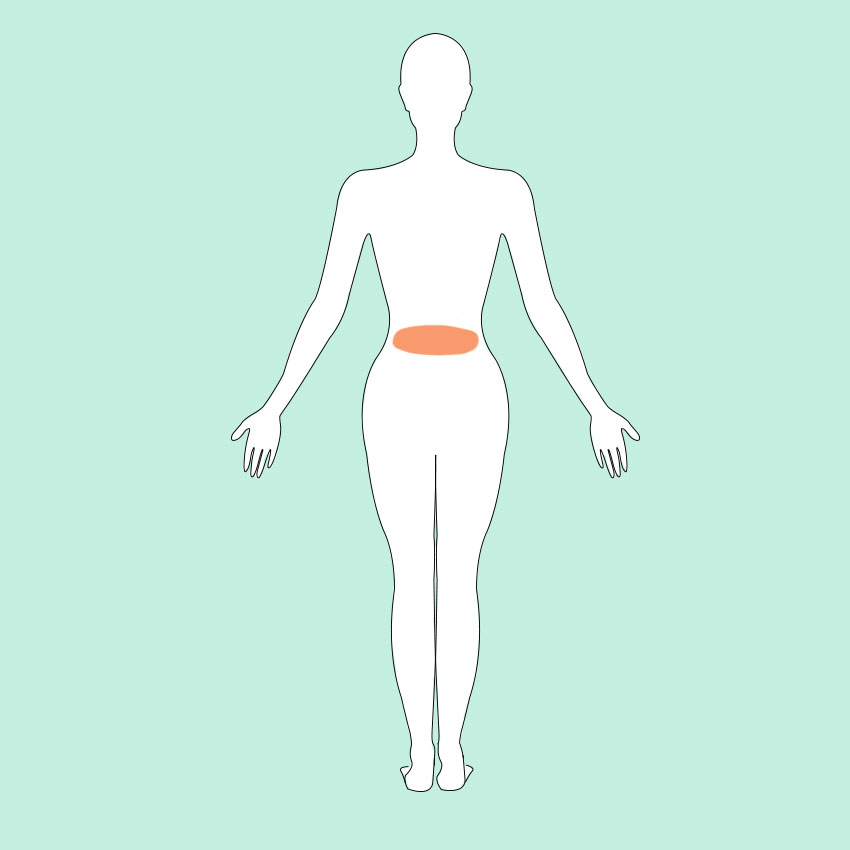
If you are experiencing unexplained back pain, high heels might actually be the source.
Dr. Splichal tells Health.com, "The increased weight on the balls of your feet causes your pelvis to tilt forward.
"To compensate, you lean backward, increasing the arch in your lower back, which puts a strain on your lumbar spine.
"The higher the heels, the greater the strain."
Risk #2: Nerve Pain Or Damage
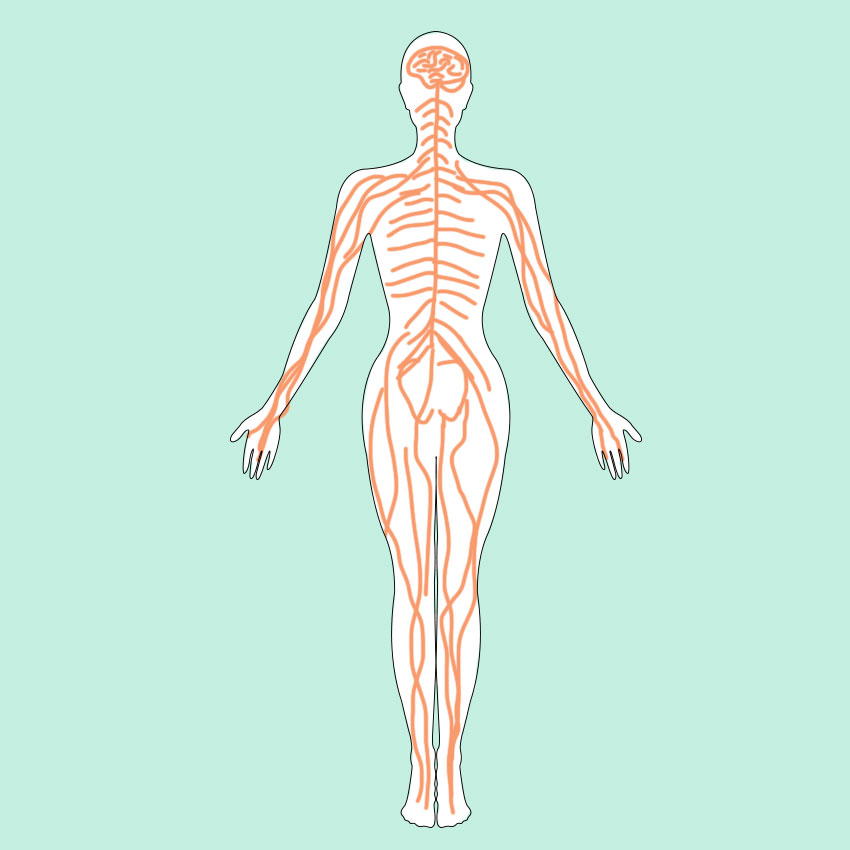
Our nervous system is an extremely delicate one that can be largely impacted by our footwear.
The Spine Health Institute reports that high heels may cause a nerve condition called foraminal stenosis.
The condition "can cause symptoms of shooting pains, in addition to numbness, tingling, muscle weakness, spasms, cramping, and pain that radiates through the buttocks and down the legs."
They also list sciatica as a possible painful side effect!
Risk #3: Vocal Chord Damage
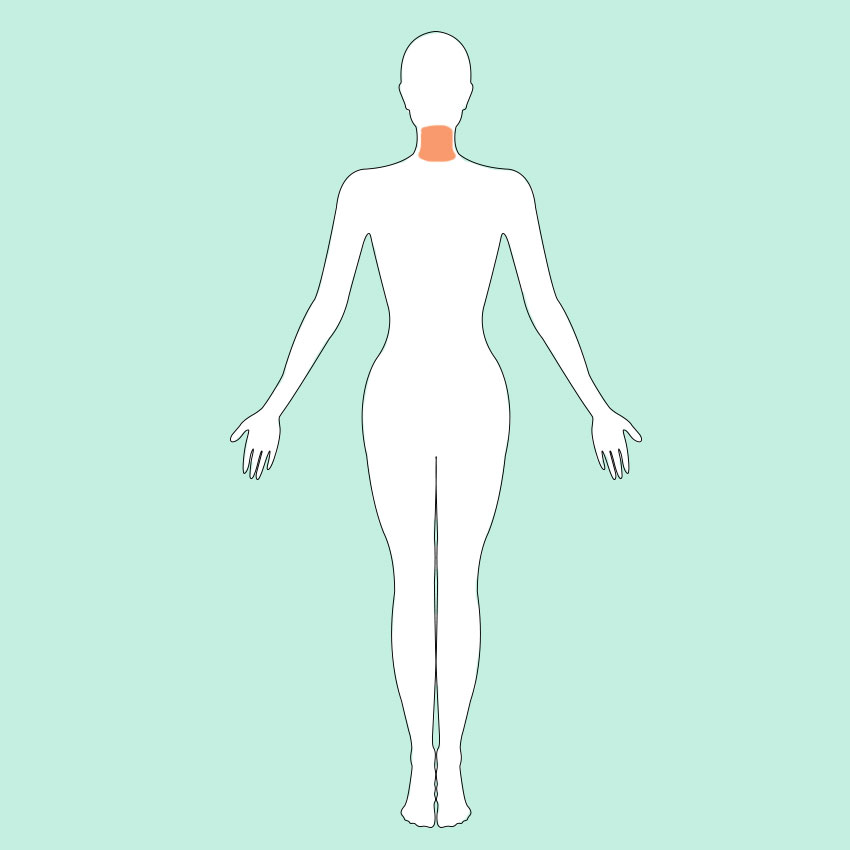
It might sound extremely surprising, but high heels can lead to improper breathing and projection, which can in turn harm your delicate vocal chords.
The Times reports, "Helen Sewell, a leading voice and communication coach, told a parliamentary committee that wearing heels all day could lead to faster, shallower breathing and damage the vocal chords."
Risk #4: Knee Pain
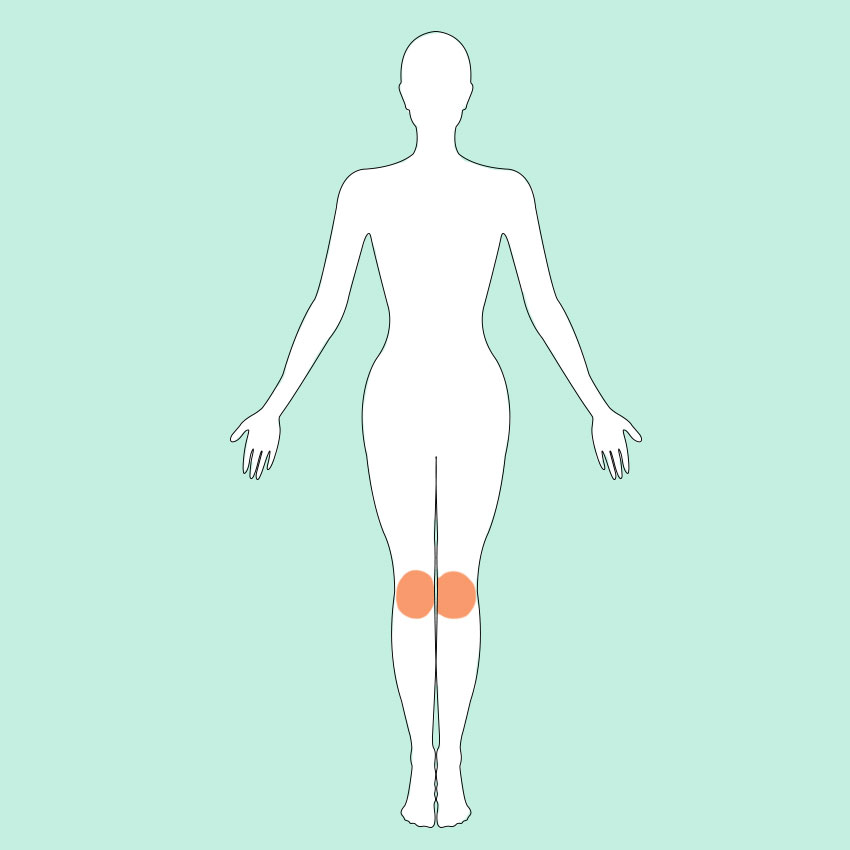
Unfortunately, high heels are also extremely unforgiving to your knees.
According to Dr. Joseph Mercola, "Researchers found high heels increase bone-on-bone forces in the knee joint significantly, which they said 'may explain the observed higher incidence of osteoarthritis in the knee joint in women as compared with men.'"
Risk #5: Hammertoes, Calluses, And Bunions
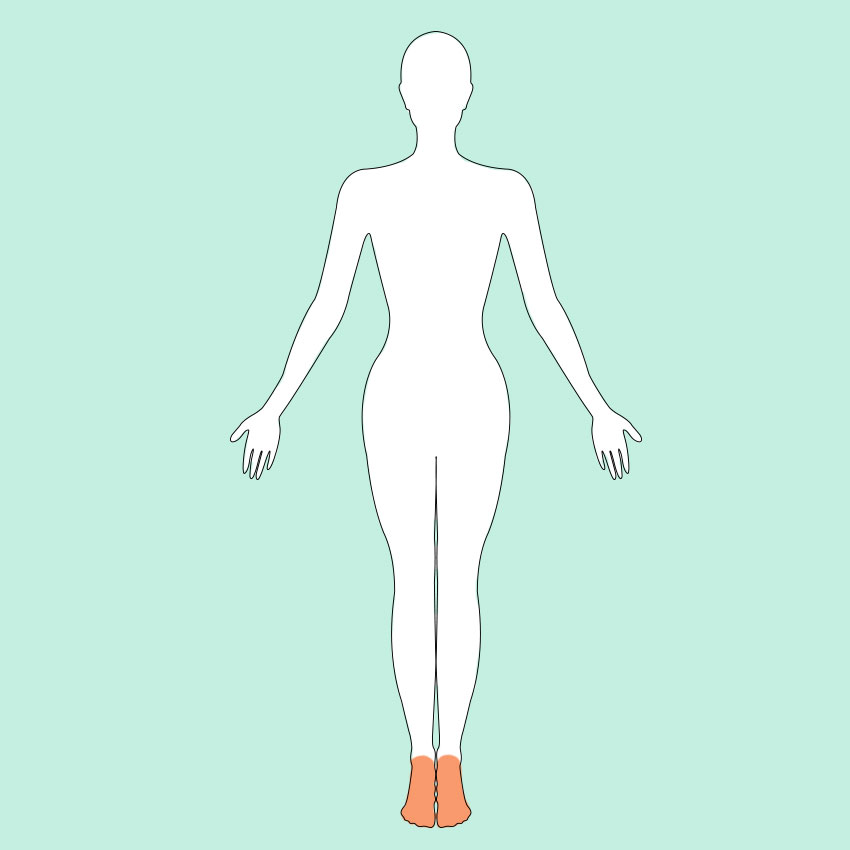
Got foot problems? Well, start by looking at your type of footwear.
In fact, Health.com writes, "Cramming your feet into pointy-toed shoes can lead to a laundry list of foot problems: calluses, hammertoes, bunions, plantar fasciitis, and neuroma (a tingling, burning, or numbness in the foot)."
Risk #6: Cancer-Causing Inflammation
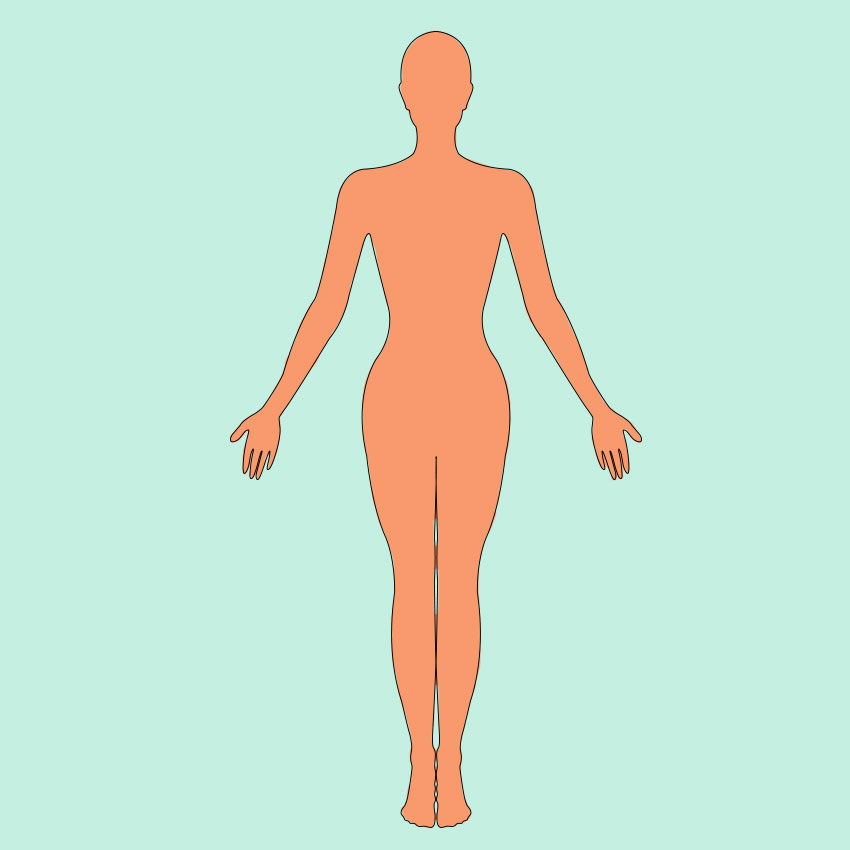
The Daily Mail writes, "There may also be a link between [high-heeled] footwear and cancer, according to a leading cancer specialist, Dr. David Agus."
These shoes can spark inflammation, which has been said to cause several different serious diseases, such as cancer.
Dr. Agus says, "Certain kinds of inflammation have been linked to our most troubling degenerative diseases, including heart disease, Alzheimer's, autoimmune diseases, diabetes, and can dramatically increase cancer risk."
Some of the data is still inconclusive, but the risk of inflammation has raised many red flags for high heel wearers.
Risk #7: Weakened Calf Muscles
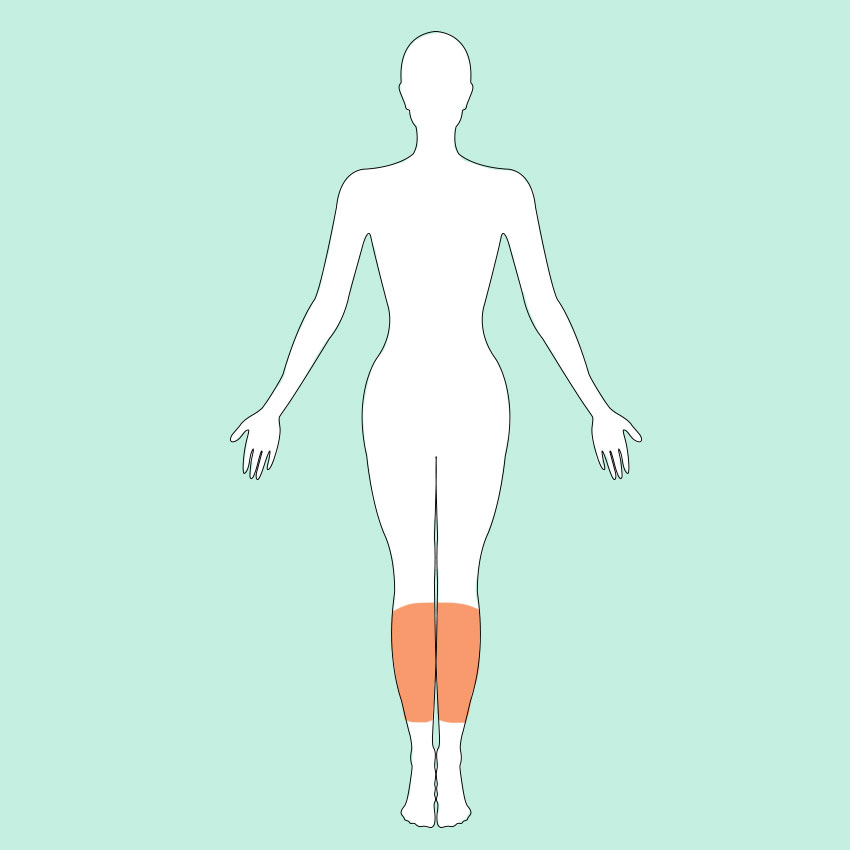
Though it might appear that your calves are working harder in heels, studies show that they are actually becoming weaker.
Professor of kinesiology Tricia Turner tells Science Daily, "Over time, you need less muscle contraction as the lower leg muscles adapt to changes in footwear."
These changes can "cause the muscles higher in the leg and back to lose efficiency and strength."
Risk #8: Ankle Sprains
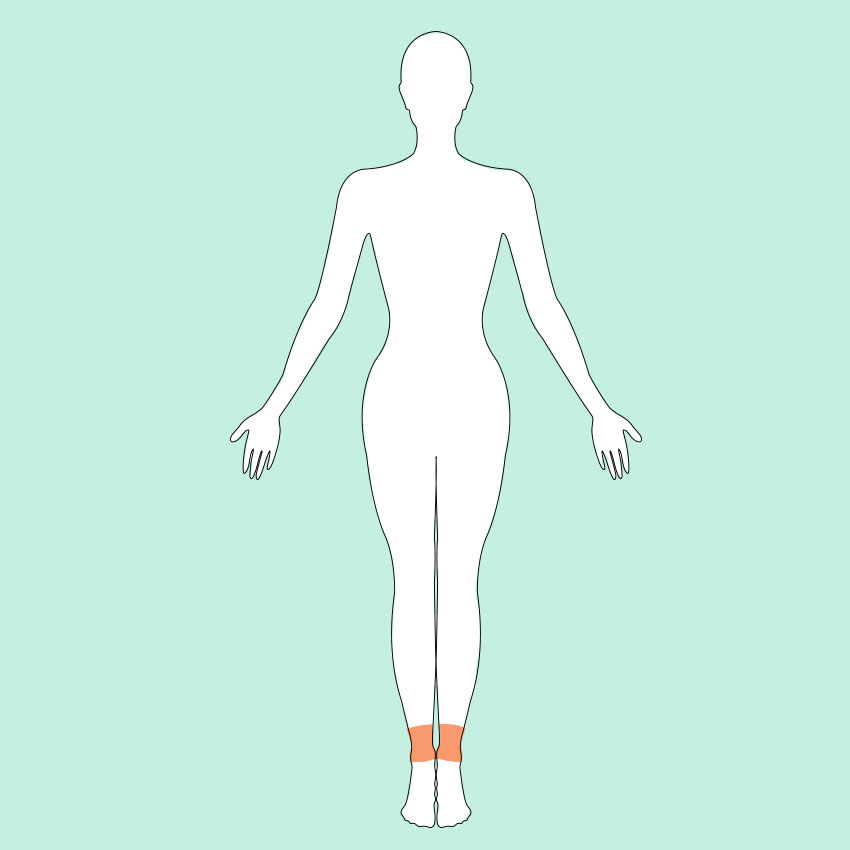
Even for the most seasoned of high heel wearers, there is a large risk of sprain coming from the extra pressure on the ankles.
Health writer Jacqueline Curtis says, "Since ankles aren't built to take that kind of pressure, falls and twisted or sprained ankles can be pretty common."
Which of these health risks came as a surprise to you? What other health problems have you encountered from wearing heels? Let us know in the comments.
Please SHARE this surprising health information with friends and family!




